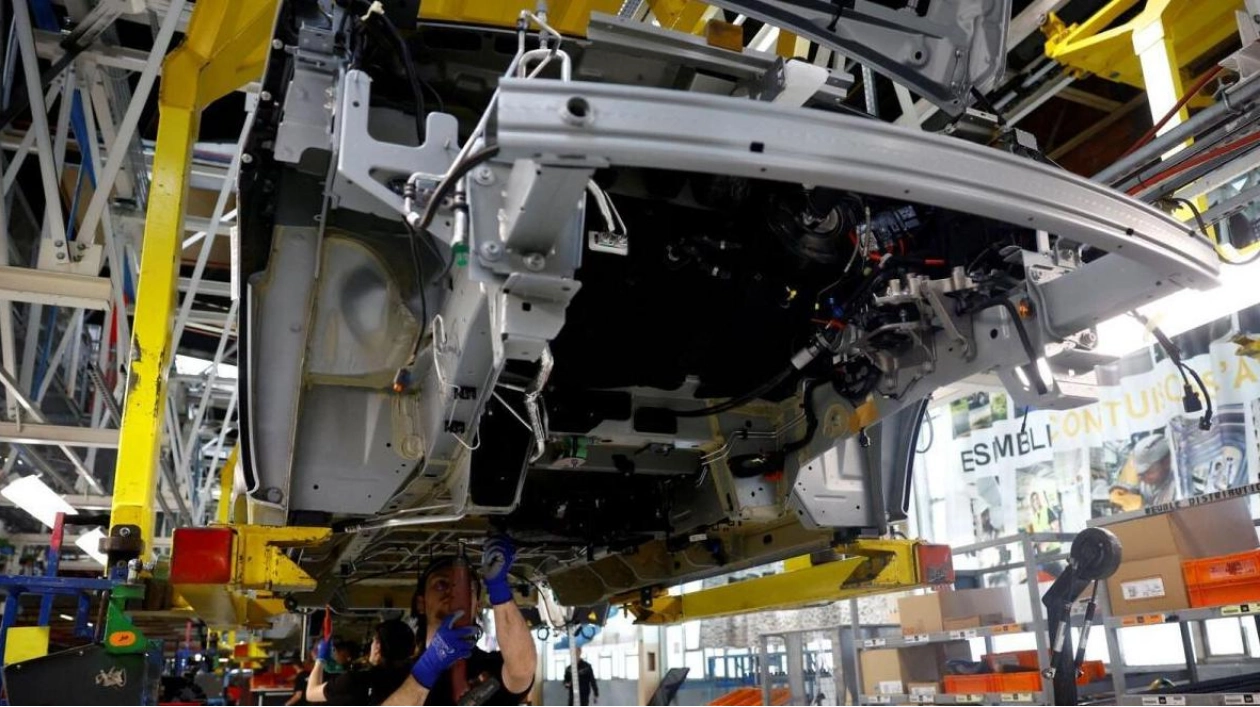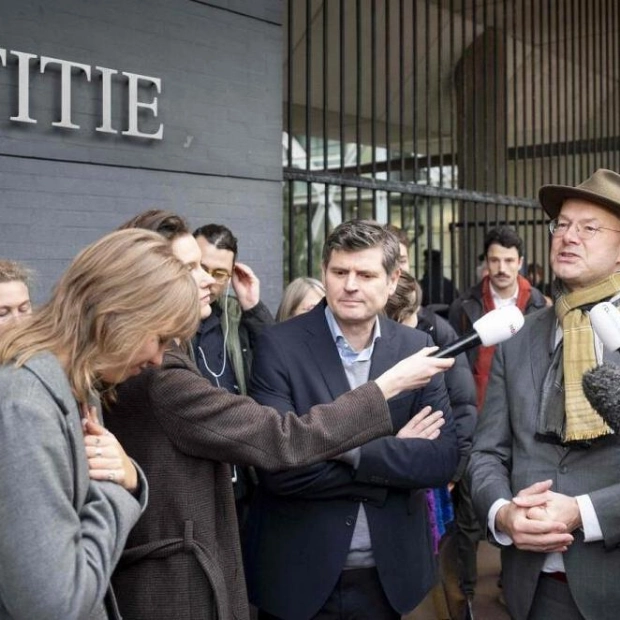As France races towards a 2035 deadline to ban new combustion engine cars, concerns are mounting among industry workers about their future. While there is a surge of optimism in parts of the country, especially in the north where a 'Battery Valley' is taking shape, workers at parts suppliers in other regions are far less hopeful. With the European Union permitting the sale of new petrol and diesel cars only until 2035, the sector, which employs 200,000 people in France, is under pressure to transform rapidly.
'The transition to electric vehicles could have started when Walor acquired us, but they failed to invest,' lamented Severine Person, a quality control expert at Walor's facility in Vouziers, in the northeastern Ardennes region. Walor, which bought the site in 2018, produces connecting rods for tractors and trucks, unaffected by the EV shift, but other components like transmission differential housings and engine manifolds face uncertain demand. Walor, recently acquired by a German turnaround specialist, is seeking to divest the Vouziers site and another nearby.
Bruno Bodson, a CFDT trade union representative, reminisced about the past, 'Before, Citroen would allocate work to everyone in the Ardennes. They wouldn't source parts from across the globe.' With the factory's order book dwindling, Person and her colleagues anticipate its closure. However, the atmosphere is brighter in the north, where several battery 'gigafactories' are being constructed, including ACC's facility in Douvrin, a joint venture of Stellantis, Mercedes, and TotalEnergies.
ACC's massive battery plant is located where a Stellantis engine factory once stood, chosen to address the 'social need' to retrain its workforce. The site's employee count has plummeted from 5,000 in the 1980s to 700 now. At ACC's battery training center, Stellantis-Douvrin employees undergo 12 weeks of training to manage the battery factory's highly automated lines. According to Plateforme automobile (PFA), by 2026, the gigafactories could generate around 17,000 jobs in battery production and recycling.
Despite these opportunities, the 2021 study by the French metalworking industry suggests that the EV transition could jeopardize 65,000 jobs by 2030. Economist Bernard Jullien estimates that the shift from petrol to electric engines could cost the auto parts sector 40,000 jobs over the next 10 to 15 years, though many workers are close to retirement. Ludovic Bouvier, a CGT union regional leader, fears that car manufacturers and suppliers might replicate the steel industry's cost-cutting strategies, potentially leading to more offshoring.
A recent study by climate groups indicates that the reduced human labor needed for electric vehicle manufacturing might favor small car production in Europe. However, Jullien believes that electrification will likely lead to further offshoring, potentially reducing overall employment in the French auto industry to under 100,000.






